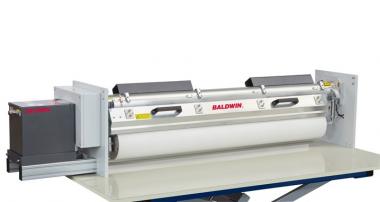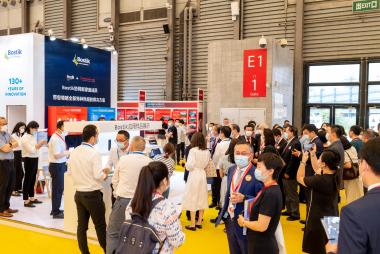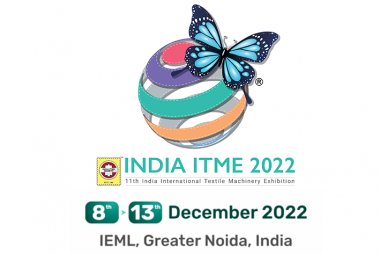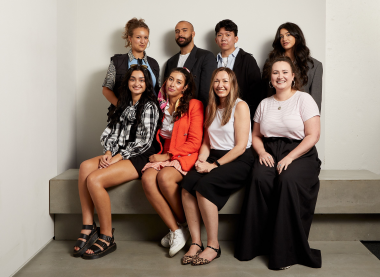Oerlikon: More services for customers in the USA
The American subsidiary of the Swiss Oerlikon Group, Oerlikon Textile Inc., is expanding and moving into new, modern premises tailored to future needs just a few kilometers away from its previous location in Charlotte, North Carolina. A new service center for the polymer processing industry will be created on approximately 4500 m² of office and commercial space latest by the middle of this year.
Oerlikon expands service offering for customers in the USA
"We are the preferred technology partner in the field of man-made fiber production in the USA and not only want to remain so, but also to further expand our services for our customers. However, the previous premises no longer offered any opportunities for expansion," explains Chip Hartzog, President of Oerlikon Textile Inc., the logical step.
All processes will be optimized in the new buildings. Incoming goods, warehouse and dispatch will be merged, inventory control will be strengthened. On top, the range of services in the repair area will be expanded. "In addition to our services in the area of filament and carpet yarn systems, we will also be able to offer our customers repair services for staple fiber components such as crimpers or nonwoven systems in the future," says Chip Hartzog. This will further strengthen the market position for the Oerlikon Barmag, Oerlikon Neumag and Oerlikon Nonwoven brands.
Oerlikon Textile Inc. has been active in the manmade fibers business in the USA for over 55 years. In addition to the sale of Staple Fiber, BCF, IDY, POY, FDY and texturing plants, the product portfolio also includes upgrades and modernization of old plants, service and training offers as well as repair services and spare parts supplies.
Oerlikon































